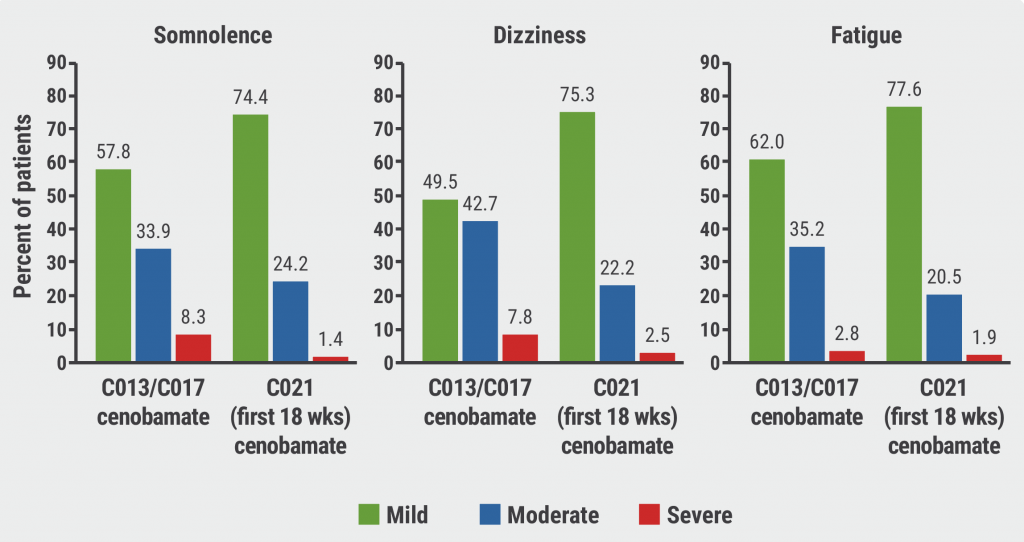Ms Veronica Castelnovo (Vita-Salute San Raffaele University, Italy) and colleagues aimed to verify the hypothesis that in ALS, the impairment in detecting disgust is related with the integrity of subcortical structures [1]. To do this, 20 ALS patients without cognitive/behavioural symptoms and 52 matched healthy controls underwent MRI and a neuropsychological assessment, which included the Comprehensive Affect Testing System (CATS), evaluating emotion recognition. In ALS patients, significant CATS findings were then correlated with subcortical volumes, Edinburgh Cognitive and Behavioural ALS Screen (ECAS) performance, patients’ mood, and behaviour.
Compared with healthy controls, ALS patients had significantly worse CATS outcomes in general, and were significantly less able to recognise disgust in particular. In ALS patients, a low performance in the ability to recognise disgust was associated with a reduced volume of the left pallidum and with unfavourable ECAS performance. There were no grey matter volume differences apparent between ALS patients and controls. The authors concluded that these results offer new potential markers for monitoring extra-motor progression in ALS.
- Castelnovo V, et al. Impaired recognition of disgust is related to subcortical volume loss in amyotrophic lateral sclerosis. OPR-002, EAN 2021 Virtual Congress, 19–22 June.
Copyright ©2021 Medicom Medical Publishers
Posted on
Previous Article
« Sex modulates effect of cognitive reserve on subjective cognitive decline Next Article
24-month pooled FIREFISH data of risdiplam in SMA »
« Sex modulates effect of cognitive reserve on subjective cognitive decline Next Article
24-month pooled FIREFISH data of risdiplam in SMA »
Table of Contents: EAN 2021
Featured articles
Letter from the Editor
COVID-19
First evidence of brainstem involvement in COVID-19
Cognitive/behavioural alterations persistent after COVID-19
Neural base of persistent hyposmia after COVID-19
Neurological symptoms and complications of COVID-19 affect outcomes
Cerebrovascular Disease
Intracerebral haemorrhage only slightly increases mortality in COVID-19 patients
Stroke with covert brain infarction indicates high vascular risk
Expanding precision medicine to stroke care
Dexamethasone not indicated for chronic subdural haematoma
Cognitive Impairment and Dementia
Severe outcomes of COVID-19 in patients with dementia
Promising diagnostic accuracy of plasma GFAP
Sex modulates effect of cognitive reserve on subjective cognitive decline
Hypersensitivity to uncertainty in subjective cognitive decline
Epilepsy
Minimally invasive device to detect focal seizure activity
‘Mozart effect’ in epilepsy: why Mozart tops Haydn
Migraine and Headache
Factors associated with decreased migraine attack risk
Pregnant migraine patients at higher risk of complications
Occipital nerve stimulation in drug-resistant cluster headache
Rhythmicity in primary headache disorders
Multiple Sclerosis and NMOSD
Typing behaviour to remotely monitor clinical MS status
Alemtuzumab in treatment-naïve patients with aggressive MS
No higher early MS relapse frequency after stopping ponesimod
Good long-term safety and efficacy of inebilizumab in NMOSD
Neuromuscular Disorders
Inability to recognise disgust as first cognitive symptom of ALS
Pathogenic T-cell signature identified in myasthenia gravis
Parkinson’s Disease
Levodopa-carbidopa intestinal gel in patients with advanced PD
New Frontier – Navigated Transcranial Ultrasound
Exploring the possibilities
Related Articles
August 18, 2021
Pathogenic T-cell signature identified in myasthenia gravis
August 18, 2021
Pregnant migraine patients at higher risk of complications

August 18, 2021
Good safety and efficacy of cenobamate for focal seizures
© 2024 Medicom Medical Publishers. All rights reserved. Terms and Conditions | Privacy Policy
HEAD OFFICE
Laarderhoogtweg 25
1101 EB Amsterdam
The Netherlands
T: +31 85 4012 560
E: publishers@medicom-publishers.com

